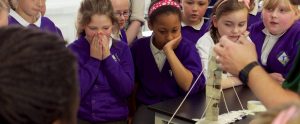As our partner primary schools well know, the sharp end of NUSTEM starts with in-school workshops. We do many other things, but workshops are a key part of us meeting and working with schools and teachers, showcasing how we think practical investigation and careers ideas can be incorporated into science lessons, and prompting dialogue to help us understand what schools need.
Obviously, this is all a bit challenging if we can’t, well, go into schools.
In the run-up to the summer holiday Joe and Jonathan threw themselves into trying to work out how remotely-delivered NUSTEM workshops might work. Thanks to the sterling efforts of our fabulous partner schools we almost managed to pilot our thinking, only a completely unrelated last-minute disaster scuppering everything. But we’ll be back at it almost as soon as schools return next month. Along the way we’ve faced a host of challenges, some expected but many surprisingly subtle.
Over the summer we’re waiting for some equipment deliveries (we… er… broke some kit while testing it. Ahem.). We’ve also had discussions with a range of organisations facing similar challenges. It looks like we might be getting together with others for something of an online symposium / share what you know / learn from our mistakes session, in the second half of September. Drop us an email and we’ll keep you posted.
Without wanting to bore you with the details (I mean, who really wants to know about our measurements of different video streaming platform latency averages?), a sketch summary goes something like this:
We’re aiming to replicate key aspects of our conventional classroom workshops as closely as possible, as a starting point, in particular we want to develop workshops that still feel personal and allow us to interact and react to the children in the classroom, and that promote ‘hands on, minds on’ learning. We’re also interested in the situation where workshop participants share a physical space (ie. their classroom), and the presenter is remote. This is quite different from the typical Zoom/Teams/Google Meet arrangement, where each participant is in a separate physical space.
In our partner schools, we’ve found the class PC (the one connected to a data projector, displaying at the front of the class) typically does not have a microphone or camera. We chose early on to adopt a policy of not asking schools to replug any IT equipment, so for the presenter to follow what’s happening in the classroom a second channel is required. That is, our basic setup is:
- Presenter delivers to class PC, projected onto whiteboard.
- Roving iPad/laptop in classroom, showing proceedings back to the presenter.
These devices have to be in separate video chats, or there’s audio ring-around/howl. The only work-around for that would be to manage microphones manually in the classroom, and we don’t want to impose that burden on our schools… so we have to handle audio at our end.
Meanwhile, schools vary in their IT policies, and the extent to which the software fit on their PCs/laptops/tablets matches those policies. So whatever we do has to be platform-agnostic: it has to work across Zoom, Teams, Meet, and others. We want to be able to deliver fluid, high-quality audio and video into any of these systems.
…aaaand whatever we build has to be useable for us, such that our presenters can focus on the content and participants, not on working the tech.
We’ve explored a bunch of other aspects, but this is already getting long and we’ll have to save a full write-up for another day/paper/booklet. Last week we ordered a bunch of equipment which – we hope – will allow us to do what we need in a relatively simple way. If we’ve guessed right, the technology will start to fade into the background and we can lift our gaze to the questions which are actually interesting:
- How do primary-age children perceive workshops delivered via streaming video? Does it seem natural to them, or forced? Does it come across as ‘like TV, but worse?’, and could we address that by making our streams more or less like broadcast?
- How much do our workshop structures and content need to be adjusted to accommodate remote delivery? Is the old model still appropriate, or is there something better?
- Is the workload manageable for teachers and assistants in the classroom? How much can we involved them in the delivery of the workshop?
- How does it feel for our presenters? What support and development can we extend to ease their transition and help them build confidence?
- What opportunities can we identify from this? It’s theoretically easier to include a working scientist or engineer in a school workshop if they can join from their (home?) office rather than have to travel to the school. Is that a good thing?
- Can (and should) we deliver to multiple classes at once? How about multiple schools?
- Do we present demonstrations ‘live’, or play-in prerecords? Does that judgement change if we’re delivering an assembly rather than an in-class workshop?
We’ve learned a lot to this point, but the really important work lies ahead of us. We’re also watching what other people are up to, and trying to work out where their thinking improves on ours. Behind-the-scenes, there’s really gratifying sharing and collaboration going on across the science communication sector, with individuals, institutions and umbrella organisations trying to help each other out as best we can. If you’re part of this world and don’t feel you’re part of those conversations, drop us a line and we’ll try to loop you in.

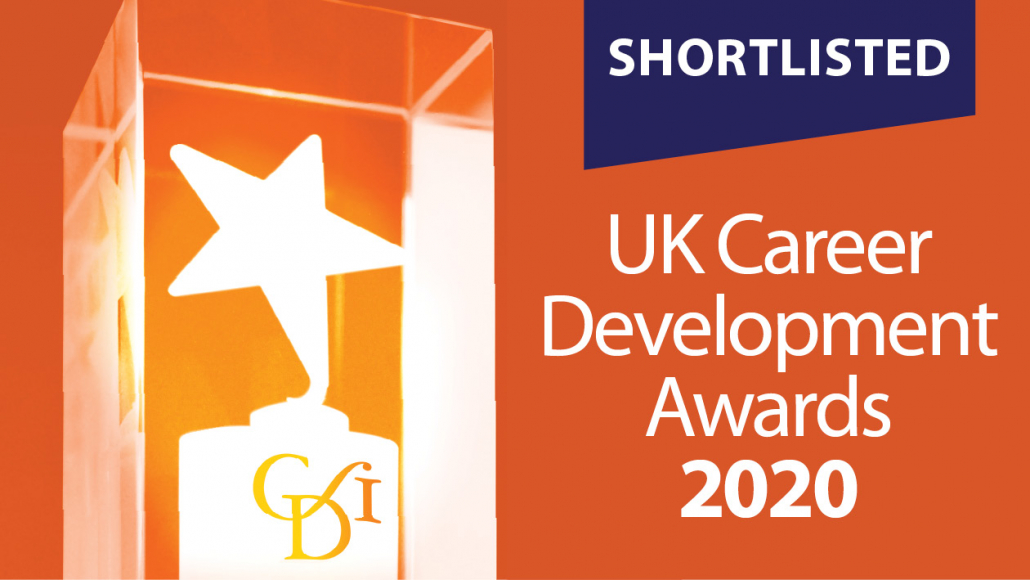
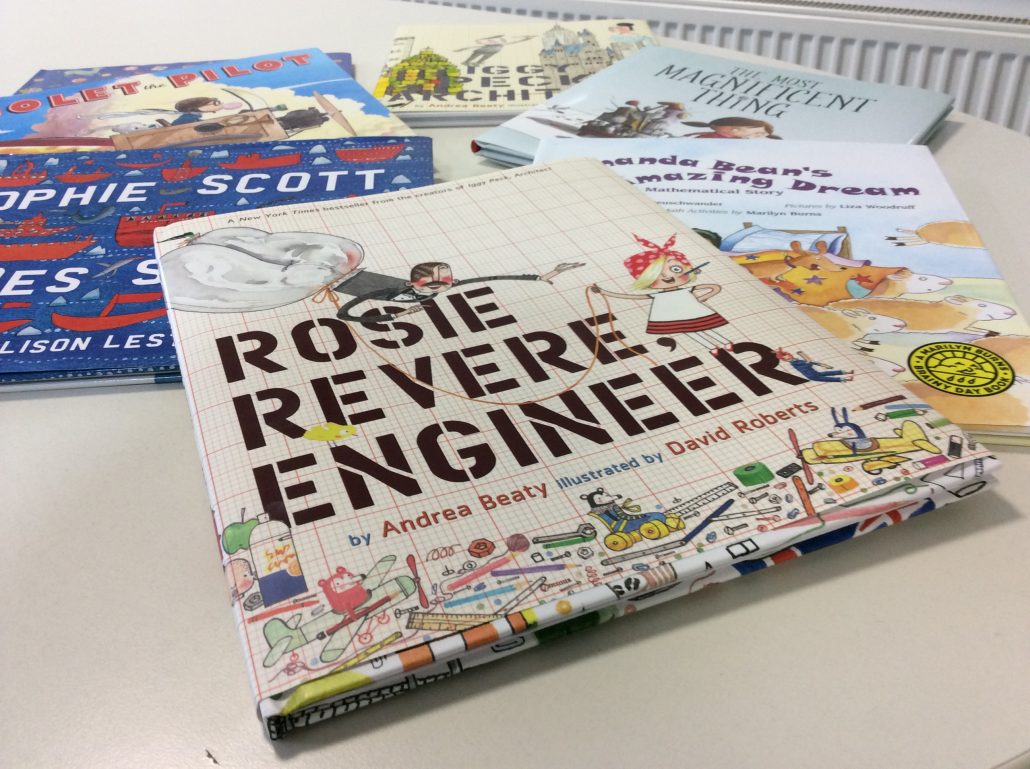
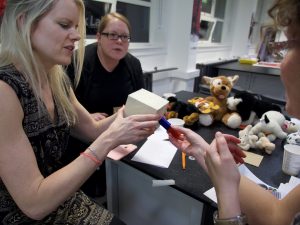 We have a wealth of experience in STEM education at NUSTEM, but so many good ideas come from teachers working in schools. In this session, teachers shared some of their more creative science resources and approaches. In the spirit of sharing good practice, here they are:
We have a wealth of experience in STEM education at NUSTEM, but so many good ideas come from teachers working in schools. In this session, teachers shared some of their more creative science resources and approaches. In the spirit of sharing good practice, here they are: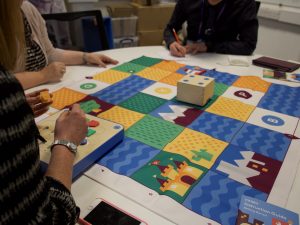 Our office fell in love with these
Our office fell in love with these 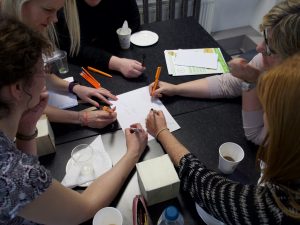 The NUSTEM project builds on the findings of the ASPIRES report (more about that
The NUSTEM project builds on the findings of the ASPIRES report (more about that 